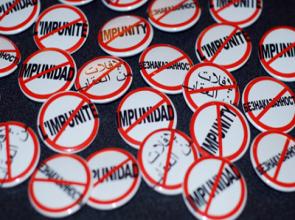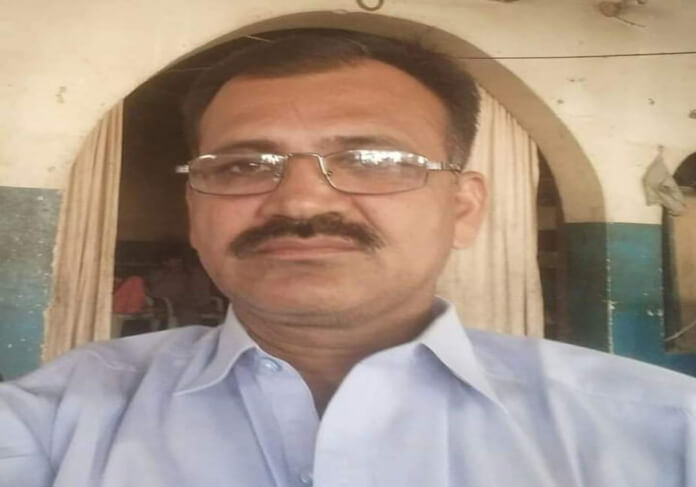Impunity across the Globe

Across the globe, journalists and media workers are threatened, attacked and killed as a result of their work. While investigations are carried out and judicial proceedings brought against those responsible in some countries, there are governments which fail to protect journalists and instead have contributed to the development of a culture of impunity where attackers are able to use violence with no repercussions.
According to a report conducted by UNESCO, 100 journalists have been killed in the first 10 months of 2012, while many others have suffered violent, non-fatal attacks. The report goes on to say that less than 10% of the crimes it covers have resulted in successful investigations and convictions.
While covering war zones is understandably and expectedly dangerous for journalists, a worrying amount of journalists have been killed this year when covering local issues, and highlighting stories related to corruption, drug-trafficking and similar topics.
Doha Centre for Media Freedom has consistently called on governments to take steps to eradicate impunity and to ensure that justice is served.
Here we have a look at some of the countries where journalists continue to suffer as a result of the authorities’ failure to deliver justice.
As well as a failure to prosecute murderers, governments are also guilty of turning a blind eye to attacks and even arresting or attacking journalists themselves, without providing necessary justification.
Only when these actions can be fully justified can a government claim to be tackling the issue of impunity.
Pakistan
A consistent lack of action from the authorities in Pakistan has led to a thriving culture of impunity, where perpetrators of attacks against journalists are rarely, if ever, held to account.
The case of Daniel Pearl, an American journalist working in Pakistan who was murdered in 2003, focused international attention on Pakistan and the investigation into his murder. While those responsible were caught and punished by the Pakistani authorities, Pearl’s is the only case in recent years to have resulted in convictions.
Journalists often complain about receiving threats, including from the country’s intelligence services, which can lead to violent attacks against them. Investigations, when commissioned, tend to lack credibility, and the recent case of Wali Khan Babar who was shot dead in January 2011, saw the murder of all six witnesses who were willing to testify against the five defendants.
lead to violent attacks against them. Investigations, when commissioned, tend to lack credibility, and the recent case of Wali Khan Babar who was shot dead in January 2011, saw the murder of all six witnesses who were willing to testify against the five defendants.
In rural areas of the country, a lack of professionally trained journalists and the power of tribal leaders often results in media workers being threatened and attacked if they resist attempts to influence their work.
According to the Rural Media Network of Pakistan (RMNP), 10 journalists have been killed as a result of their work in 2012. The group reports that 88 media workers have been murdered in Pakistan over the past decade, with Pearl’s the only case resulting in a conviction.
President of the RMNP, Ehsan Ahmed Sehar told DCMF:
“The lack of action from the government has promoted impunity and allowed anyone to threaten and target journalists because they know they can get away with murder.
In many of the cases, the families of the Pakistani journalists being killed do not have the capacity to pursue legal action, and a lot of them are threatened themselves and are forced to withdraw cases.
Not only have the provincial governments failed to bring the killers of these journalists to justice, state officials are suspects in some of the cases – it is no surprise that journalists’ deaths go unpunished.”
Source: DCMF

